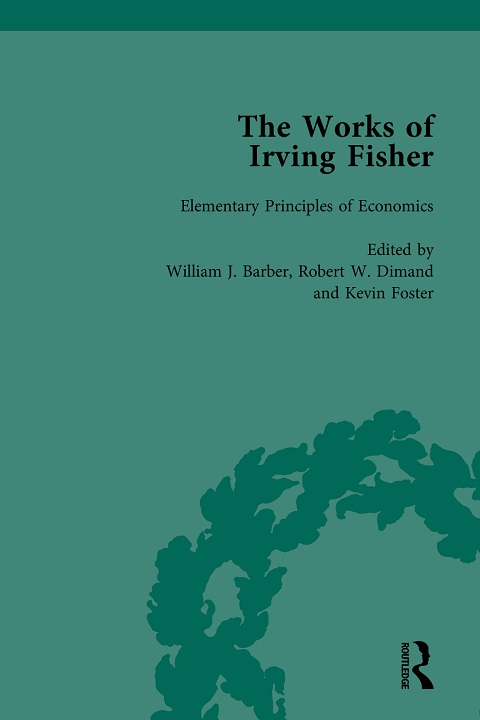By the end of the first decade of the twentieth century, the discipline of economics had established itself in the curricular offerings of most American colleges and universities. Differences in style and approach among those who professed it were to persist. At the same time, the polemical turbulence of an earlier era had subsided. In the 1880s and 1890s, the battlelines had been sharply drawn between proponents of two rival “schools.” The “new schoolers” - most of whom had absorbed abroad the teachings of German historicism - had returned home fired with enthusiasm for governmental intervention to promote economic and social uplift. Part of their program amounted as well to a denunciation of deductive reasoning in economic discourse. “Old schoolers,” on the other hand, remained ardent champions of laissez-faire and defended the doctrines received from the British analytic tradition. The intense controversies of the Methodenstreit of the late nineteenth century left plenty of scar tissue behind them. Nonetheless, most members of the American Economic Association had concluded that internecine warfare was counter-productive. In 1911, Columbia’s Edwin R.A. Seligman articulated a view then widely shared:
